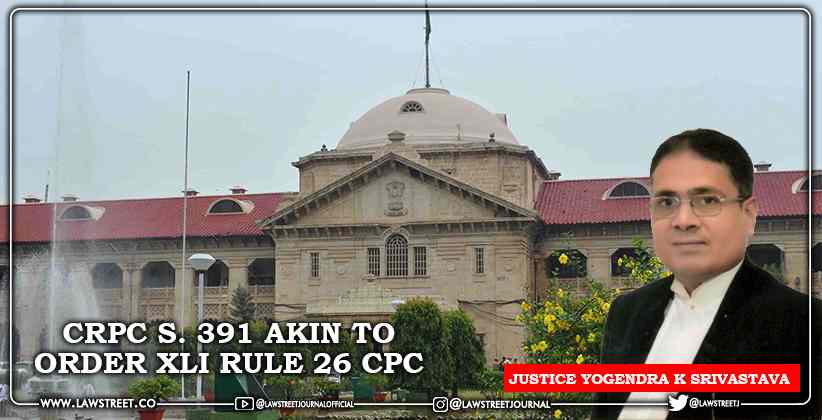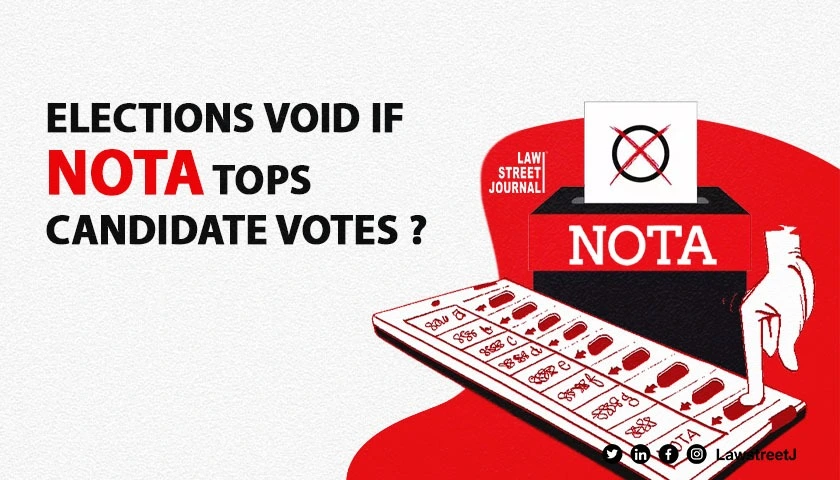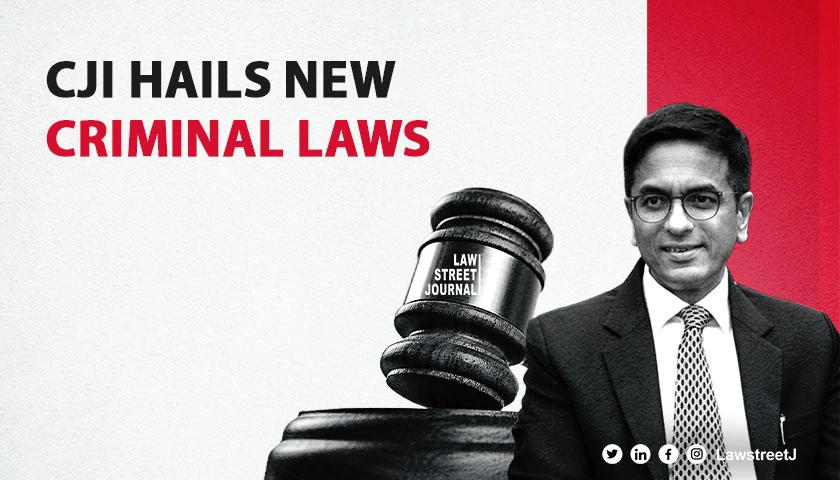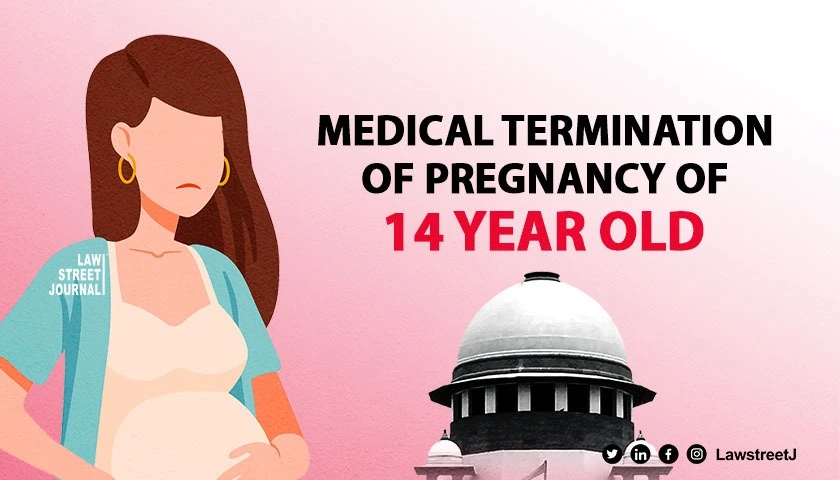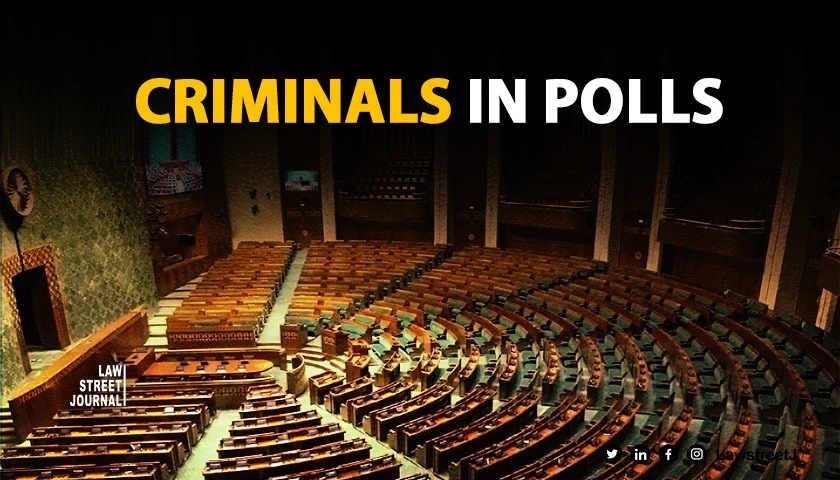The Allahabad High Court recently held that powers under Section 391 of the Code of Criminal Procedure are analogous to those under Order XLI Rule 27 of the Code of Civil Procedure, and that such powers to take additional evidence by the appellate court must be exercised sparingly.
The Bench of Justice Dr. Yogendra Kumar Srivastava emphasised that the power exercised was discretionary and could not be used to fill gaps and lacunae in the evidence.
The case before the court
The Court was hearing the instant application under Section 482 of the CrPC to vacate the order of the Additional District and Sessions Judge, Hathras, who had rejected the applicant's application filed before the Court under Section 391 of the CrPC for summoning certain persons as witnesses.
Facts in brief
Following a criminal trial, the applicant was convicted and sentenced by the Additional Civil Judge (Junior Division)/JM, Hathras under sections 419 and 420 of the Indian Penal Code.
Dissatisfied with the aforementioned order, the applicant filed an appeal, and the appellate court granted an application under 391 CrPC for summoning certain witnesses and recording additional evidence during the pendency of the appeal.
Rejecting the 391 CrPC application, the appellate court noted that the appeal had been filed after a lapse of more than five years, that the appeal was not being argued, and that the application seeking summoning of witnesses had been filed solely to delay the proceedings.
It was also noted that the applicant had made no application for summoning the aforementioned individuals as witnesses during the course of the trial, and there was no justification for their summoning at the stage of appeal.
Court's Observations
The Court noted at the outset that Section 391 of the Code empowers the court to admit additional evidence at the appellate stage if it believes it is necessary.
In this regard, the Court referred to the Supreme Court's decision in the case of Rambhau and Others vs. State of Maharashtra (2001) 4 SCC 759, noting that the appellate court's power to receive additional evidence under section 391 of the Code, being an exception, must always be exercised with caution and circumspection in order to meet the ends of justice.
The Court also referred to Zahira Habibulla H. Sheikh & Anr vs State Of Gujarat & Ors (2004) 4 SCC 158, in which it was held that, while the Section conferred broad discretion, the powers could not be used to fill any gaps, and the appellate court, in directing the taking of additional evidence, was required to record reasons for the same.
"The powers under the section have been held to be analogous to those under Order XLI Rule 27 of the Code of Civil Procedure, 1908, and as a result, additional evidence cannot be tendered at the appellate stage as a matter of right, and the power to be exercised by the appellate court is to be based on discretion, sound judicial principles, and in the interest of justice. The discretion is to be used in appropriate cases, not to fill gaps and lacunae in the evidence. The appellate court's recording of reasons for taking the 7 additional evidence has been made mandatory with the salutary goal of acting as a check against an overly easy reception of evidence at a later stage of the litigation.The test to be applied is whether the evidence sought to be advanced is necessary for a just decision of the case," the Court concluded, dismissing the Accused's plea.
